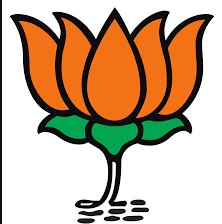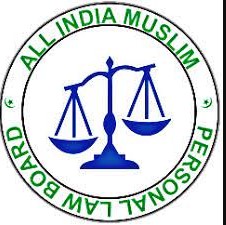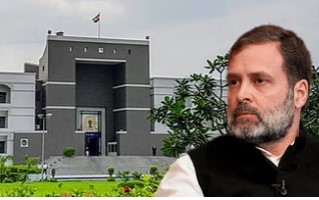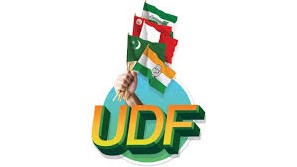
The Bharatiya Janata Party (BJP) is one of the major political parties in India. Founded in 1980, it has emerged as a dominant force in Indian politics. The party's ideology is rooted in the principles of Hindutva, which advocates a cultural and nationalist interpretation of Indian identity. Here is some information about the Bharatiya Janata Party, covering its history, ideology, key leaders, electoral performance, policies, and controversies.
1. Formation and Early Years:
- The BJP was formed on April 6, 1980, following the merger of several right-wing parties, including the Bharatiya Jana Sangh.
- The party was created as a political wing of the Rashtriya Swayamsevak Sangh (RSS), a Hindu nationalist organization.
- Atal Bihari Vajpayee, Lal Krishna Advani, and Kushabhau Thakre were among the prominent leaders who played key roles in the party's early years.
2. Ideology:
- The BJP's ideology is based on Hindutva, which emphasizes the cultural and nationalist aspects of Hinduism.
- Hindutva promotes the idea of a unified Hindu identity and the protection of Hindu interests.
- The party also advocates for economic development, national security, and a strong central government.
3. Key Leaders:
- Atal Bihari Vajpayee: He served as the Prime Minister of India from 1998 to 2004 and was a key figure in shaping the BJP's moderate and inclusive image.
- Lal Krishna Advani: A senior leader, he played a crucial role in the party's growth and prominence.
- Narendra Modi: The current Prime Minister of India, he led the BJP to a landslide victory in the 2014 and 2019 general elections.
4. Electoral Performance:
- The BJP's electoral success has grown significantly since the 1990s.
- In 2014, the party won a majority on its own in the Lok Sabha (the lower house of Parliament) and formed a government with Narendra Modi as Prime Minister.
- In 2019, the BJP achieved an even greater victory, securing a larger mandate and forming a majority government for the second consecutive term.
5. Policies and Initiatives:
- Economic Reforms: The BJP government has implemented various economic reforms, including the introduction of the Goods and Services Tax (GST) and the demonetization of high-value currency notes.
- Swachh Bharat Abhiyan: This nationwide cleanliness campaign aimed to promote sanitation and hygiene throughout the country.
- Make in India: An initiative to encourage domestic manufacturing and promote India as a global manufacturing hub.
- Digital India: Focused on digital empowerment, e-governance, and the expansion of digital infrastructure.
6. Controversies and Criticisms:
- Ayodhya Dispute: The BJP was associated with the Ayodhya movement, which demanded the construction of a Ram temple at the site of the Babri Masjid in Ayodhya. The dispute led to communal tensions and the demolition of the mosque in 1992.
- Communal Politics: Critics accuse the BJP of using religious and communal issues for political gains, which they argue can lead to polarization and division.
- Freedom of Expression: The party has faced criticism for allegedly curbing freedom of expression and dissent, particularly with regards to media and social media platforms.
- Religious Conversions: The BJP has been criticized for pushing anti-conversion laws, which opponents argue restrict religious freedom.
7. State Governments:
- The BJP has formed governments in several Indian states, including Uttar Pradesh, Gujarat, Maharashtra, Karnataka, and Madhya Pradesh.










